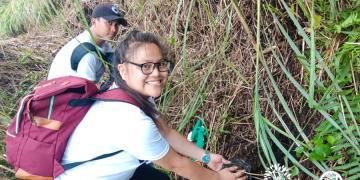The national strategy for forest landscape restoration and green infrastructure was developed in a participatory manner during 8 months at various stages:
1) scope definition at committee level & drafting of terms of references, selection of advisors
2) validation of methodology,
3) consultation of government, civil society and private sector at regional level (10 of 22 regions),
4) 2 validation workshops at national level for committee & platform,
5) communication of the strategy at the level of the Council of Ministers (meeting of all Ministers and Prime Ministers)
6) dissemination on the website of the Ministry of Environment and Forests.
The strategy takes stock of the current situation and framework conditions in Madagascar, analyses the main challenges to reach the 4 M ha goal by 2030 and gives strategic advice on how to overcome them and mobilize key actors.
The strategy recommends priorities covering good governance, coherent spatial planning, technical restoration measures and resource mobilization. Priorities are broken down into 12 objectives and concrete activities.
